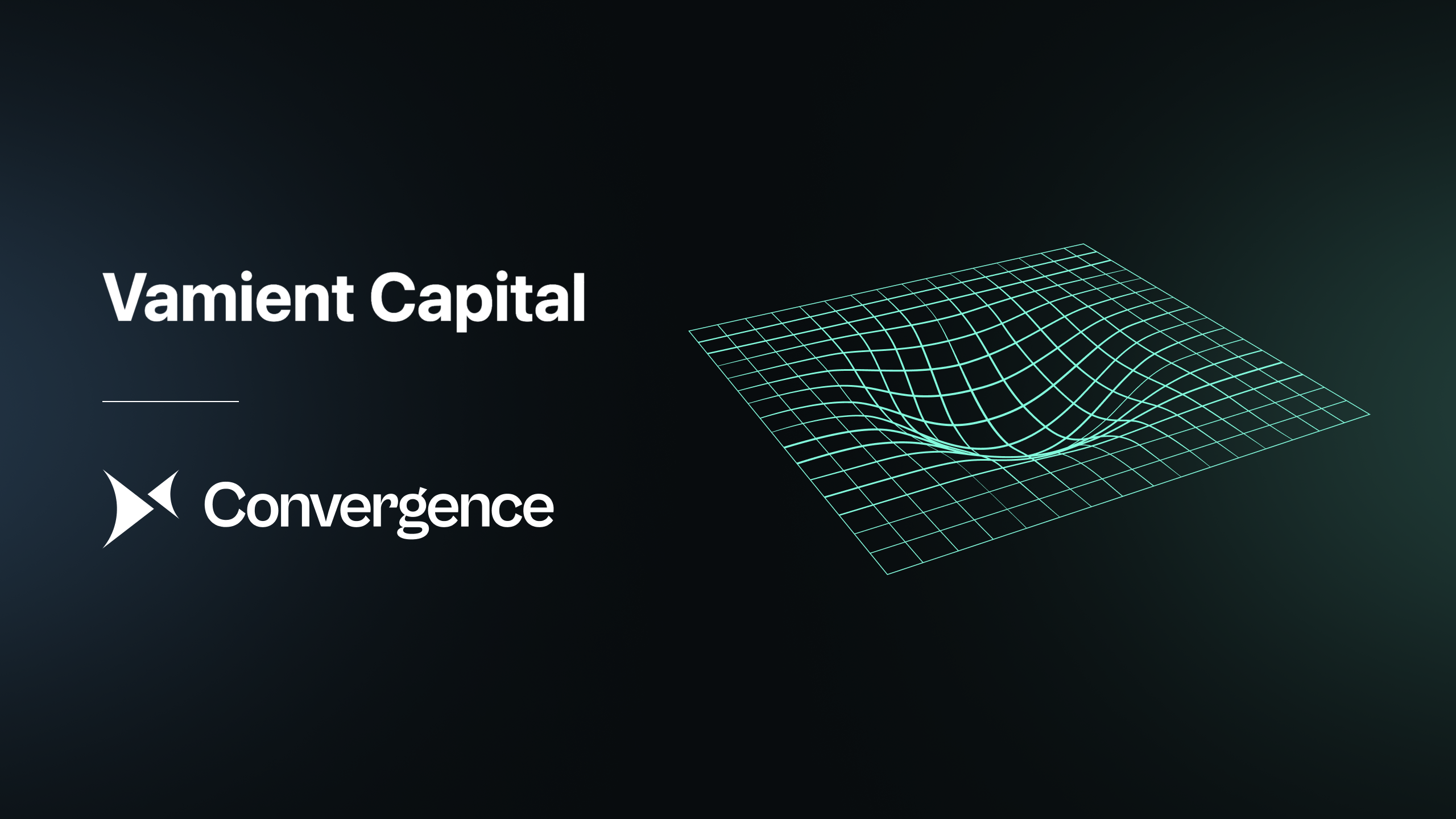
Investment In Convergence
A unified RFQ liquidity network that spans across chains.
The collapse of FTX was a crisis for Solana, leaving only the strongest supporters behind. What makes Solana particularly interesting is its highly tamper-resistant architecture with parallel smart contract processing designed for High TPS and low fees, setting it apart from others in the field. One year on, fueled by the unwavering commitment of dedicated builders and the Solana foundation, Solana has not only rebounded but is also experiencing a steady ascent in activity.

Currently, on Solana's DEXs landscape, the volume is still dominated by AMM-based protocol such as Orca and Raydium. However, around 60% of transactions on Solana failed due to intense competition among bots. These bots aim to be included in a block and capture MEV on the network. Unfortunately, this situation negatively impacts DEX traders, especially when trading long-tail assets. It increases the likelihood of their transactions not being executed at their desired price. To increase the chances of successful trades, traders are forced to increase slippage. However, this also exposes them to the risk of sandwich attacks.


At the moment, 48% of Solana's validators are utilizing the Jito-Solana client, according to data from P2P.org. The chart provided highlights a significant increase in MEV tips for validators, emphasizing the abundance of MEV opportunities. Overall, this proves that Solana blockspace is valuable, and a portion of these fees go directly back to validators to help them maintain the node and guarantee network security. However, from other perspectives, this situation signals a clear need for user protection through alternative methods, with RFQ (Request-for-Quote) emerging as a promising solution.

RFQ is a trading mechanism commonly used in traditional financial markets, and it has also been adapted for decentralized finance. The RFQ system is designed to provide fast and efficient quotes from leading market makers, ensuring that users can execute their strategies in a timely manner.
One project leading the way in building RFQ infrastructure for DeFi in Solana is Convergence. Convergence stands out with its core feature as a marketplace that connects two parties. Dapps integrated with the Convergence protocol, acting as "auctioneers", can initiate batch auctions by specifying deal details such as the amount of tokens for sale and a minimum acceptable price. Market makers then compete for the rights to execute orders by submitting bids into a batch auction.
To ensure there is no counterparty risk in this auction, Convergence has designed a risk engine that assesses the risk associated with each trade, taking into account factors such as market volatility and credit risk to create undercollateralized RFQs. This means traders don't need to lock all of their capital until the trade is settled. All settlement transactions are fully on-chain, ensuring transparency for all parties involved.
To make it even better, Convergence's unified on-chain API enables market makers to integrate once, reducing the time and cost associated with integrating multiple protocols and DEXes on a 1:1 basis. From a DeFi project perspective, Convergence acts as a plug-and-play one-stop-shop, seamlessly connecting them with a network of liquidity providers. For traders, Convergence enhances trading versatility by supporting complex multi-leg structures. This allows them to combine spot, options, and futures contracts in their trading strategies, expanding their strategic possibilities. A key feature of Convergence's RFQ trading is its zero slippage benefit, particularly advantageous for traders executing large trade or dealing with illiquid assets. It ensures price stability and cost-effectiveness.
Started off by supporting Solana, Convergence is now extending its integration to include other chains such as Arbitrum, Sei, and Monad. As we move towards an intent-centric future, Convergence will also integrate with CoW Protocol (Batch auction), 1inch Fusion (Dutch auction), and other intent-based applications. By doing so, Convergence provides additional liquidity sources for solvers, enabling them to obtain the best execution price in the market. At Vamient, we are excited to be one of the liquidity providers for Convergence. We fully support their vision of establishing a unified RFQ liquidity network that spans across chains.
Sources data:
https://app.artemis.xyz/chains




To learn more about Convergence RFQ please follow https://twitter.com/ConvergenceRfq